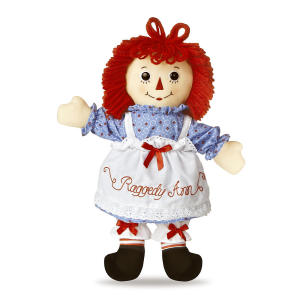Robert Owen Butler wrote an influential how-to book for writers, From Where You Dream: The Process of Writing Fiction (2005), in which he emphasized right-brain (non-intellectual) processes. Writers are not (supposed to be) intellectuals, he wrote. We are sensualists, and we need to write from raw experience, not thought. Dreams are perfect source material.
I tried to take that advice to heart, because I am a left-brainer, often to the detriment of my work. Since studying Butler, I now sketch my scenes in a semi-trance state, typing with my eyes closed while I imagine what the characters are feeling, sensing, and doing. It’s a method that sometimes produces surprising results (and sometimes spectacular nonsense when I find that my fingers have been on the wrong row of keys for several minutes).
But I’ve never tried writing from an actual dream. My dreams are too bizarre to be useful. So I was pretty excited when I recently had a long, recurring dream that seemed (in dream-time) like a fantastic idea for a story or part of a novel. I’d probably had too much coffee that day, and the dream was partly lucid. While having it, I was (semi-) thinking, “This is great stuff! I could use this!”
I reviewed the idea of the dream multiple times during the night to make sure I was capturing the details. I continued doing this all night (it seemed) right up through the hynapompic, semi-awake stage in the morning. When I finally awoke, for real, I reviewed my thoughts on the dream and burst into laughter, waking my wife. The whole thing was so incredibly ludicrous I could hardly believe I had “invested” any effort into it at all (dream-effort anyway).
So what was this exciting dream-idea? It centered on an old Four Seasons song, “Rag Doll.” How that tune got into my skull, I have no idea, but during the dream, it was sung in full throat, numerous times. Not that I knew the words (are there words?) but the tune was intoxicating in this dream.
Lyrics I might know:
Four Seasons in background, descending tones: Rag doll, ooh.
Four Seasons, descending: Hand me down.
Valli: When she was just a kid, her clothes were hand-me-downs
Four Seasons: Hand-me-down.
Valli: They always laughed at her when she came into town
Valli: Called her, rag doll!
What I like about the song are two things. One is the exuberant chorus where Valli celebrates “Rag Doll!” two octaves above the other singers. For some reason that’s thrilling. The other is the refrain, “Rag Doll, ooh.” The songwriters (Crewe and Gaudio) obviously needed three syllables to complete the musical phrase and “Rag Doll” was only two, so they just added “ooh” to the end. It’s ridiculous, and it’s wonderful. Rag Doll, ooh.
The secret of the dream was that this song, or the part of it I knew, anyway, revealed some deep truth. I imagined a literary structure in which the song played, loudly and exuberantly, leaving behind a remnant on the page, parts of a story. I would read that story fragment, which appeared as a blue bar-chart, and determine that it was an interesting but superficial story line.
Then the song would play again, perhaps in a different chapter, and it would be apparent that this time, the remnant left behind concerned a deeper reality, well-worth mining. How songs play in chapters was never questioned. They just did.
The third time through, after the song, the remaining story fragments would reveal a profound truth, perhaps an epiphany. I was excited by the literary possibilities.
Inside the dream, I labeled the discovery so I wouldn’t forget such a tremendous insight. It was called the “Rag Doll, Ooh” dream. I didn’t have to write it down. I knew I would remember it.
When I woke up, I did remember it, and it was so crazy I laughed out loud. So much for lucid dreaming!
Butler’s point, that we should write from where we dream, is overstated. I cannot write from where I dream, because that place is populated by incomprehensible nonsense. I like using the semi-trance state for sketches, but actual dreaming? Impossible. Too bad.
Rag Doll, ooh.

